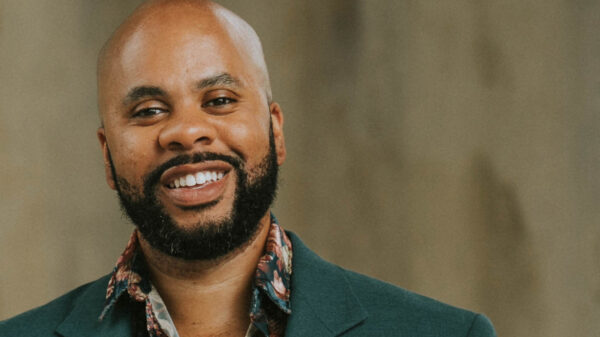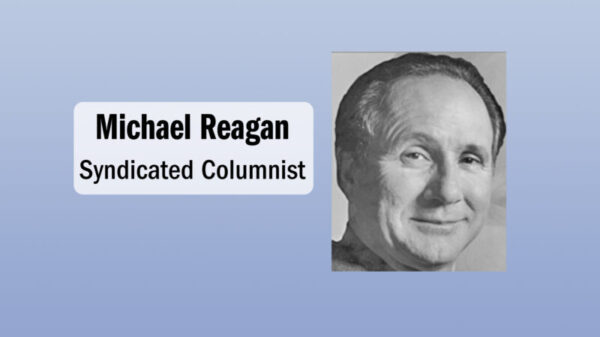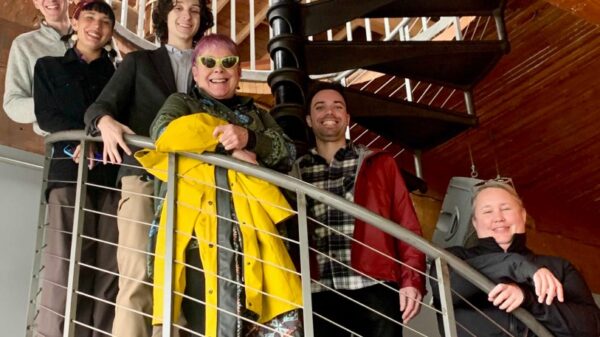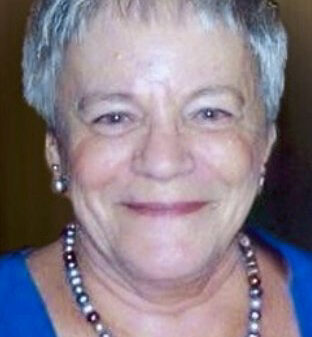A letter from a reader reveals the struggles faced by many dealing with severe anxiety. The individual, seeking help under the pseudonym “Paralyzed by Fear,” describes feeling overwhelmed by persistent worry and fear, particularly following a medical emergency in December 2022. This situation has led to debilitating anxiety, impacting daily life and preventing necessary medical follow-ups.
The reader, a 56-year-old individual, has been battling severe anxiety and depression for an extended period. They report being on medication and seeing a therapist, yet feelings of fear and helplessness persist. Following a significant health scare, which involved a hemorrhage and a diagnosis of chronic kidney disease, the individual has become increasingly consumed by anxiety, fearing the worst possible outcomes, including cancer.
The fear has led to a state of paralysis, making even simple tasks feel insurmountable. The reader describes physical symptoms that accompany their anxiety, such as fatigue and panic attacks, which have resulted in multiple hospital visits. The emotional toll has become so significant that even communication with healthcare providers has become a source of stress.
Understanding the “freeze” response is crucial in this context. This term describes a common reaction to fear where individuals feel unable to take action, contrasting with the more widely known “fight or flight” responses. The symptoms experienced by “Paralyzed by Fear” are indicative of this phenomenon, as they struggle to schedule necessary follow-up appointments and continue to live in a state of uncertainty.
To address these feelings, mental health professionals emphasize the importance of open communication with therapists and psychiatrists. Sharing the full extent of one’s fears and experiences can lead to adjustments in treatment, such as medication reviews or increased therapy sessions. It is vital for individuals in similar situations to convey the depth of their struggles to their healthcare providers.
Support from friends and family is equally important. Encouragement from loved ones can help individuals navigate their fears and take steps toward necessary medical care. For “Paralyzed by Fear,” having someone accompany them to appointments could alleviate some pressure and make the process feel less daunting.
The notion of knowledge as power is central to overcoming fear. While the prospect of receiving bad news may feel overwhelming, understanding one’s health situation is often better than remaining in a state of anxiety. The reader’s friend’s advice to seek clarity rather than dwelling on fear is a reminder of the importance of facing one’s realities.
As mental health continues to gain recognition globally, it is essential for individuals experiencing similar challenges to seek help. The journey from anxiety to empowerment is often complex but achievable with the right support and resources. Seeking professional help, opening up about personal struggles, and leaning on a support system can make a significant difference in managing anxiety and fear.
In conclusion, while the feelings of fear and anxiety can be paralyzing, it is possible to regain control. By taking small steps and seeking help, individuals can navigate their mental health challenges and work towards a more empowered state of being.







































































